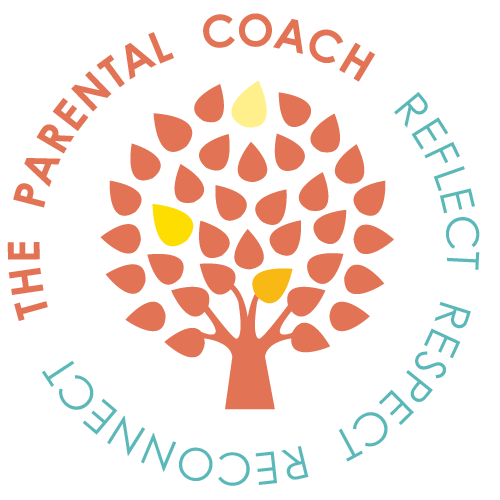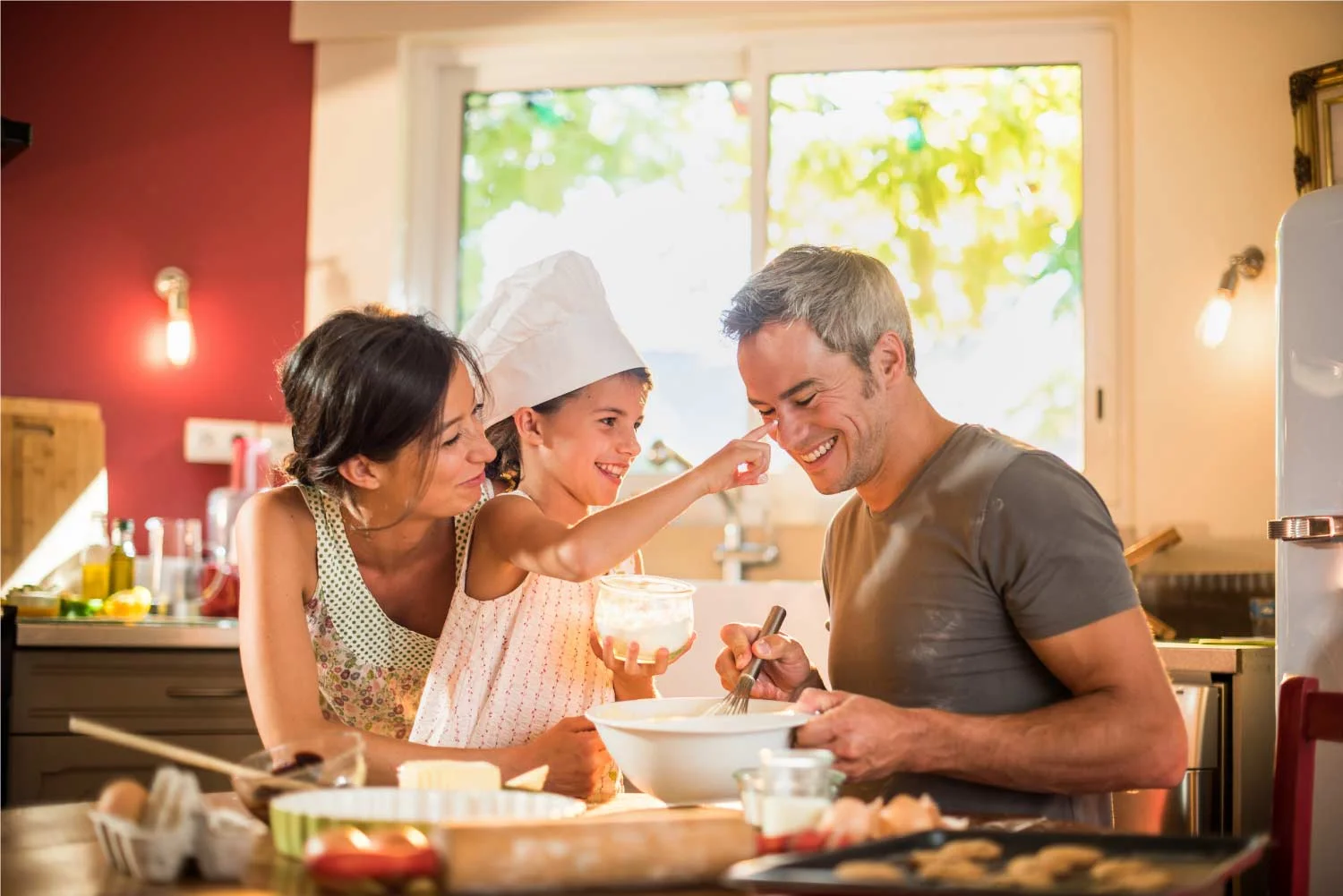The Enjoyment of Parenting
How can parenting become more fun and effective? How can you reduce conflict and make your relationship with your children more rewarding? Sometimes we just need some new inspiration how we can approach our children differently.
Let yourself be inspired through my Parenting Classes! My Parenting Classes are based on two different approaches: Positive Discipline and How to Talk to Kids. The How to Talk to Kids approach is based on the books by Adele Faber and Elaine Mazlish; it’s goal is to teach you practical, effective methods of communication that will make your relationship with children of all ages less stressful and more rewarding.
Effective and Connective Parenting with Positive Discipline
Positive Discipline is an Adlerian based program for parents who want to invest in a strong, connected and authentic relationship with their kids, based on non-punitive, respectful methods. Through experiential activities, parents have the opportunity to practice new skills and to have fun in learning by doing.
Through this parenting class you will learn new tools and skills to use at home, while also becoming aware of the fact that other parents are dealing with similar questions or struggles. Each week, you will leave with practical tools you can put to use right away. Taking this parenting class will help you become more confident within your role as a parent and will increase the connection with your children, and within your family.
Please contact me if you are interested in a Positive Discipline parenting class
Please contact me if you are interested to set up an English parenting class in your own community.
REFLECT + RESPECT = RECONNECT
Frequently Asked Questions
What is Positive Discipline?
Positive Discipline is a widely known program designed to teach young people to become responsible, respectful and resourceful members of their communities. Based on the best selling Positive Discipline books by Dr. Jane Nelsen, Lynn Lott, and others, it teaches important social and life skills in a manner that is deeply respectful and encouraging for both children and adults (including parents, teachers, childcare providers, youth workers, and others). Recent research tells us that children are “hardwired” from birth to connect with others, and that children who feel a sense of connection to their community, family, and school are less likely to misbehave. To be successful, contributing members of their community, children must learn necessary social and life skills. Positive Discipline is based on the understanding that discipline must be taught and that discipline teaches.
Five criteria for Positive Discipline
1. It is Kind and Firm at the same time. (Respectful and encouraging)
2. Helps children feel a sense of Belonging and Significance. (Connection)
3. Is Effective Long-Term. (Punishment works short term, but has negative long-term results.)
4. Teaches valuable Social and Life Skills for good character. (Respect, concern for others, problem-solving, accountability, contribution, cooperation)
5. Invites children to discover how Capable they are and to use their personal power in constructive ways.
What does the parenting course consist of?
During these classes I will teach you different tools and methods each week, that will empower you as a parent. There are around 52 different tools that help you to create mutual respect, learn to have effective communication and problem solving skills and that will teach parents to identify the belief behind the behavior. Together with the other parents in the group you will get the opportunity to learn about these tools and experiment with them, before trying to use them at home. At the end of the session we focus in on a specific situation that a parent is struggling with; this parent goes home with the opportunity to try out a new approach.
“I would definitely recommend the Positive Discipline training to other parents because the training gives you access and knowledge of tools to better navigate your relationship with your child. ”


